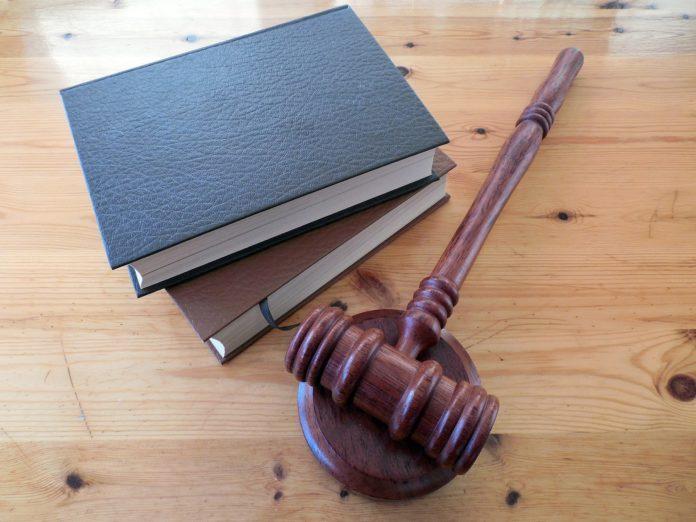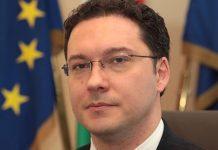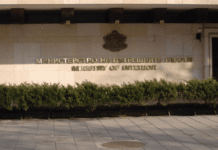
Prosecutor General Ivan Geshev has approached the parliament, the government and the Ministry of Justice with proposals prepared by experts for changes to the Criminal Procedure Code. The aim is to reduce formalism in the criminal process, expand the competence of military courts and prosecutors’ offices, and increase the use of resources by investigators.
Deputy Prosecutor General Krassimira Filipova stressed at a briefing that many times in their daily work the state prosecutors have defined the requirements of the Criminal Procedure Code for form and content as too high, as well as the standard as unnecessarily high.
She gave an example with the evidence. If a formal violation is committed during their collection, they are dropped out in court, which greatly hinders the process. Thus, a criminal may not be convicted not because it is not clear that he committed the act, but for purely administrative reasons. In many cases, the evidence cannot be re-collected. Therefore, they want the prosecution to be able to assess the suitability of the evidence in each individual case by not allowing those that have been collected in case of significant violations of the rules and there is a doubt about their reliability.
According to the Bulgarian standard, in order to bring charges before the court, there must be certainty that all the necessary evidence has been gathered. However, this is not the case in other EU countries. Such categorical confidence is not required there. In France, for example, serious or consistent evidence against a person is not required to bring charges. In Germany, on the other hand, only suspicion is needed.
Filipova also criticized the fact that in Bulgaria the indictments are of unnecessary details and sometimes reach hundreds of pages, while in other countries this is not the case. Only the type of crime, when and how it was committed and the details of the person are indicated.
The Prosecutor’s Office expressed hope that their demands would be taken into account, because this will facilitate the work of the judicial system in our country.









